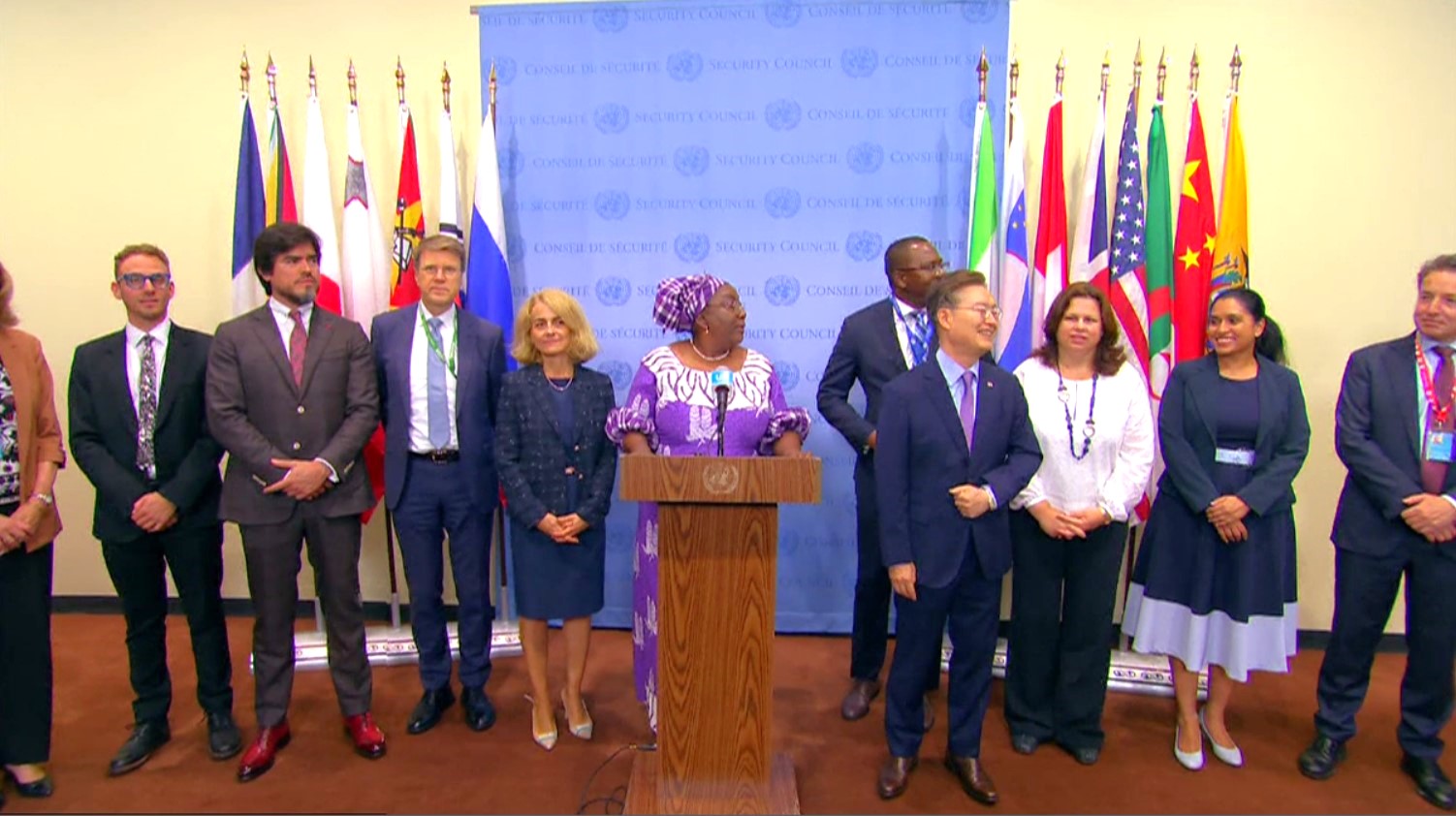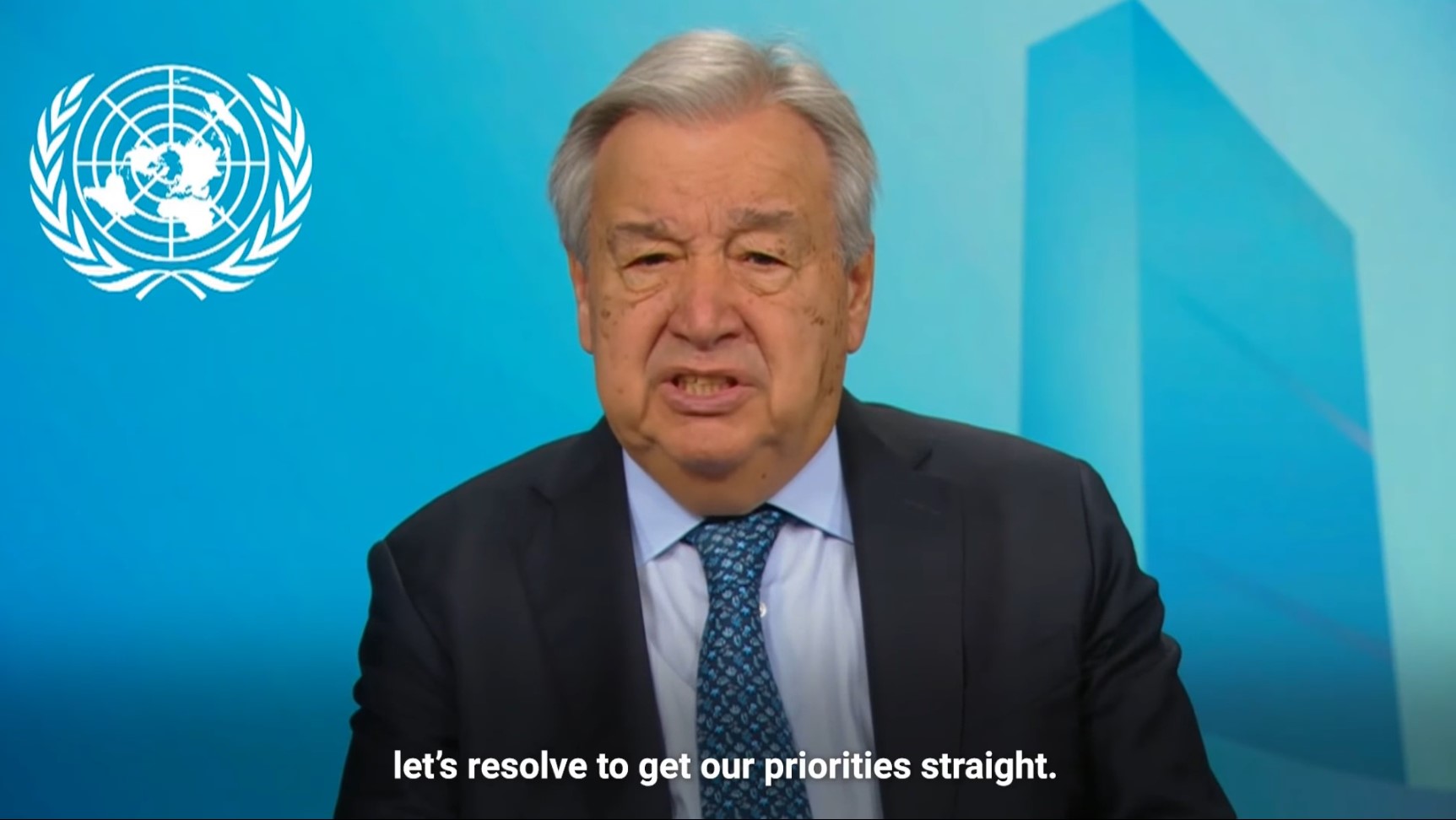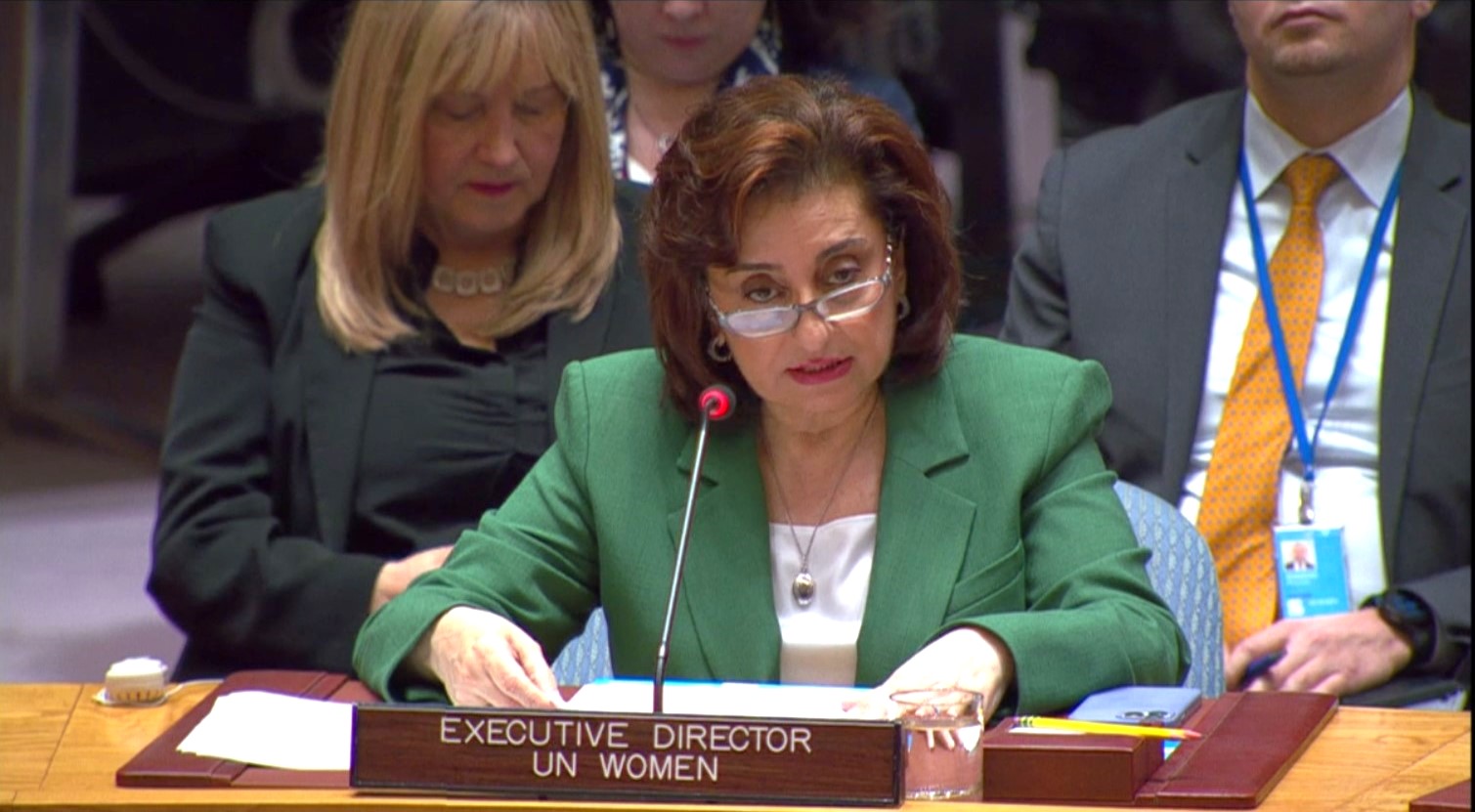
UN Women Executive Director, Sima Bahous expressed concern about “the potential effects of multiple recent decisions to shrink or close both peacekeeping and special political missions,” adding that “these decisions are made even as the number and intensity of conflicts and insecurity grow.”
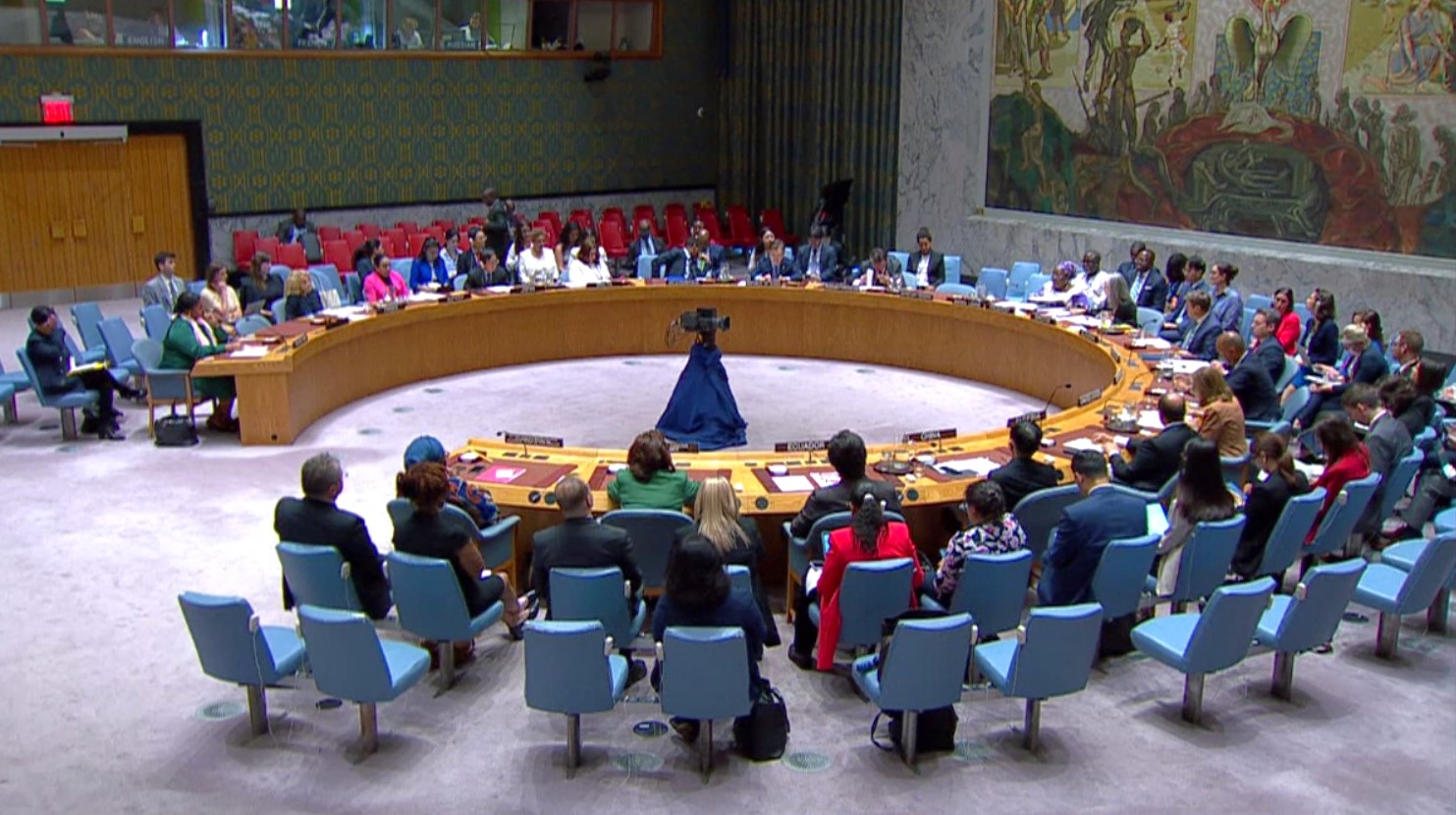
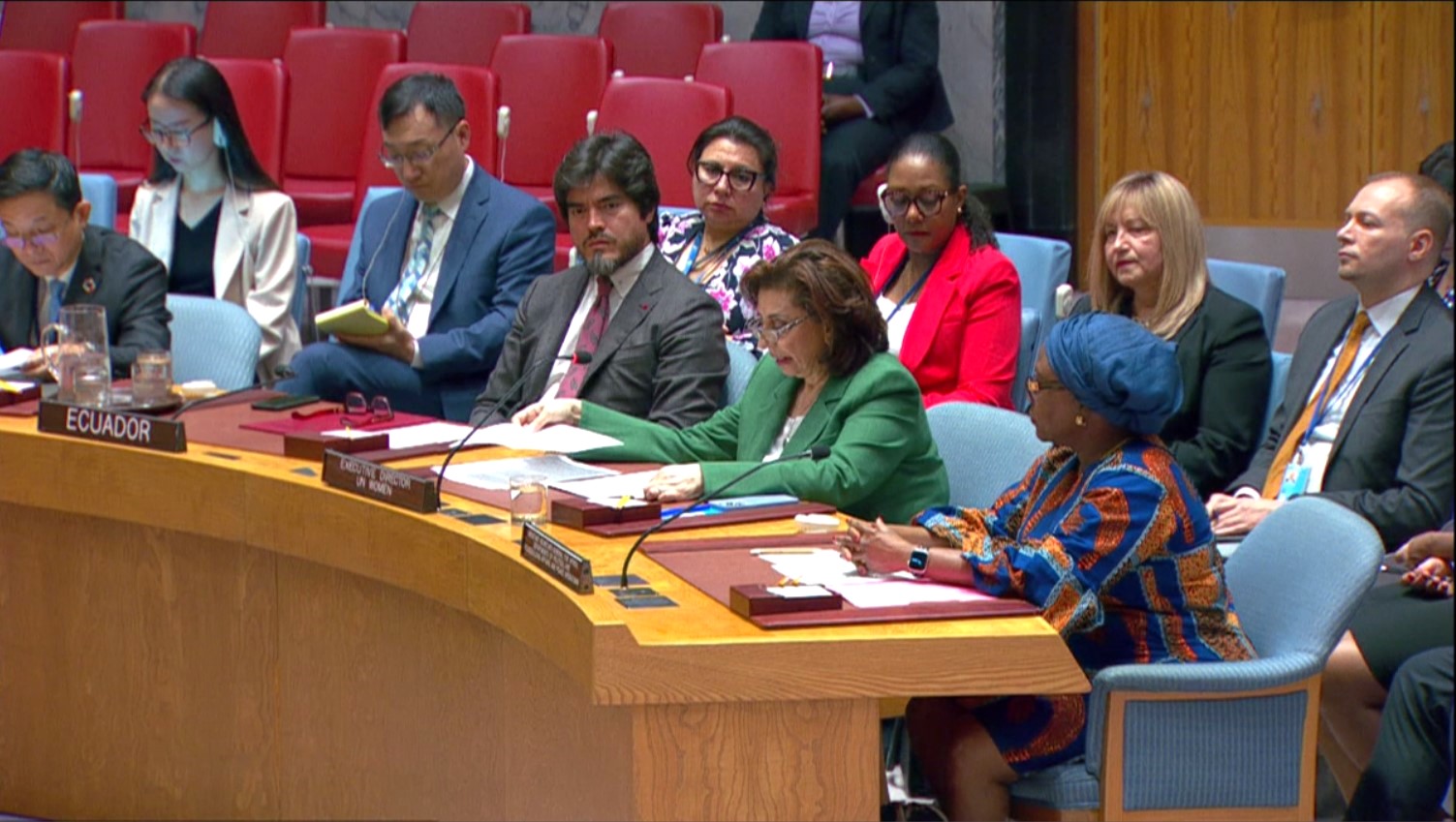
Bahous briefed the Council today (07 Aug) on sustaining Women Peace and Security (WPS) commitments in the context of accelerated drawdown of UN peace operations.
The chief of UN Women said, “We recommend that the Security Council ensure that UN transitions safeguard gender equality gains and women’s meaningful participation in all possible ways. This includes doing so routinely through decisions and statements, in interactions with host governments and with any regional or subregional organizations undertaking peacekeeping support.”
Second, Bahous continued, “for the Council to continue to invite women from civil society to routinely brief and to provide analysis of their context from a gender perspective. And for the Informal Expert Group to conduct field visits to countries after the departure of a UN mission to monitor and report on the situation of women and girls so that this analysis can be included in decision making.”
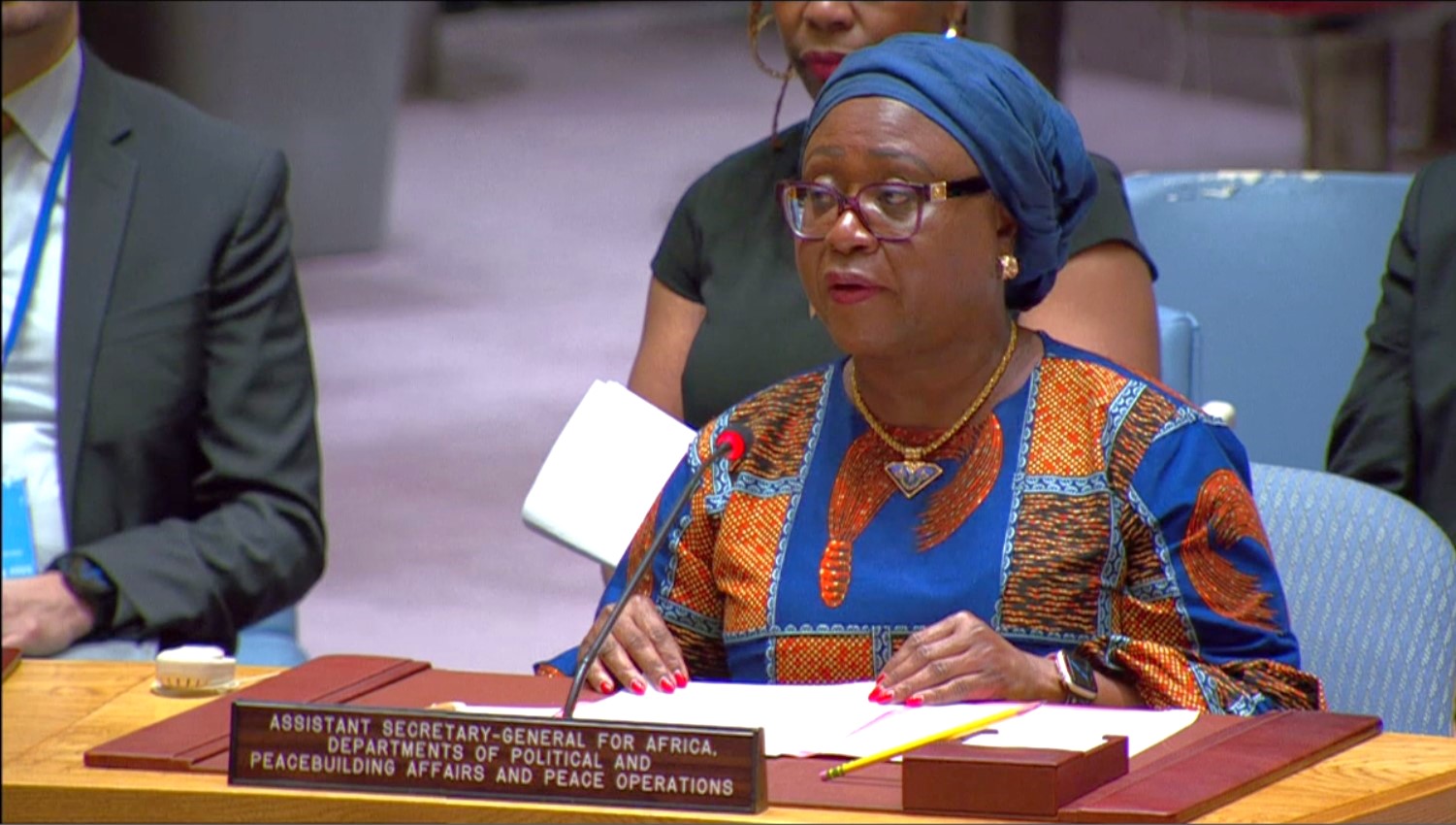
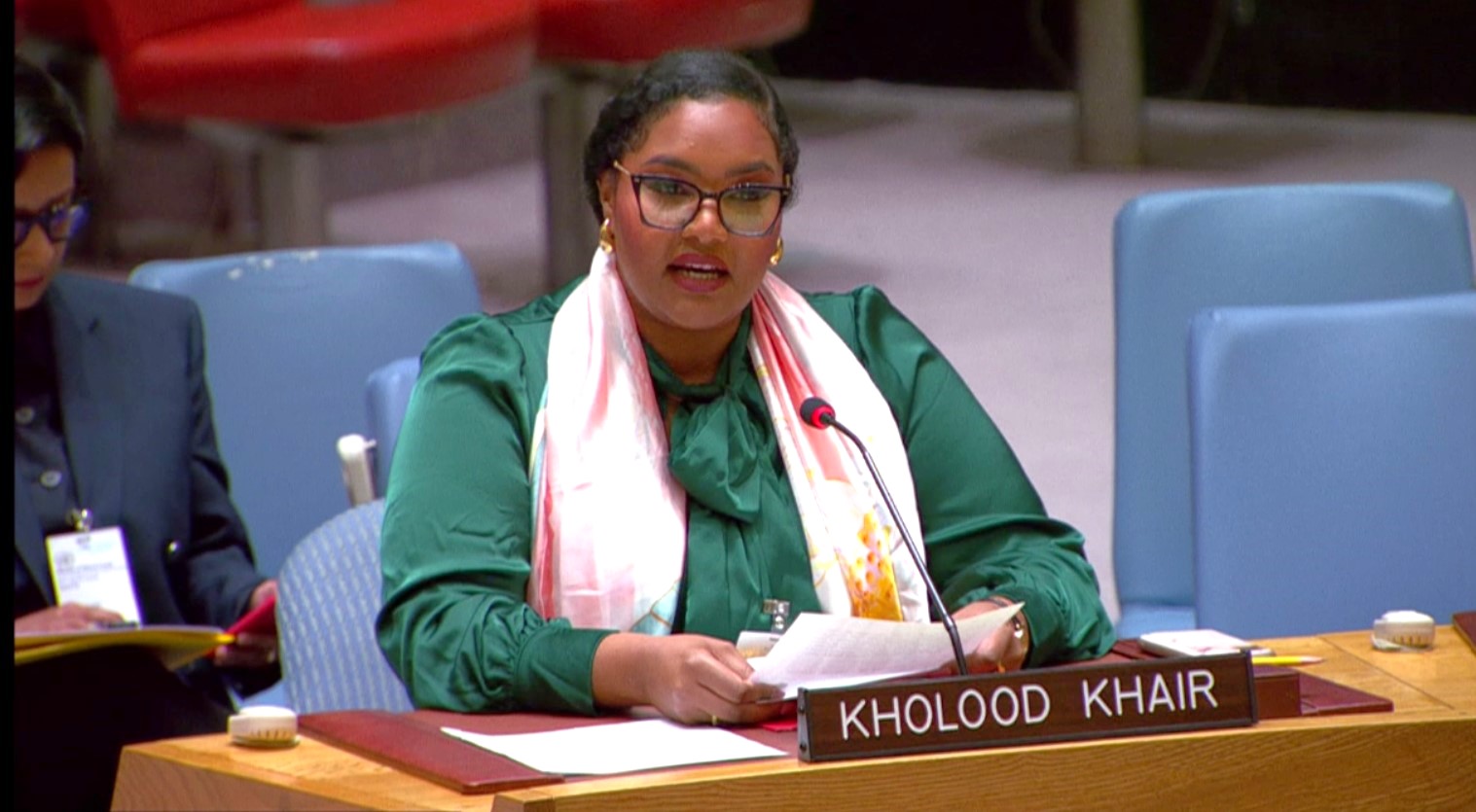
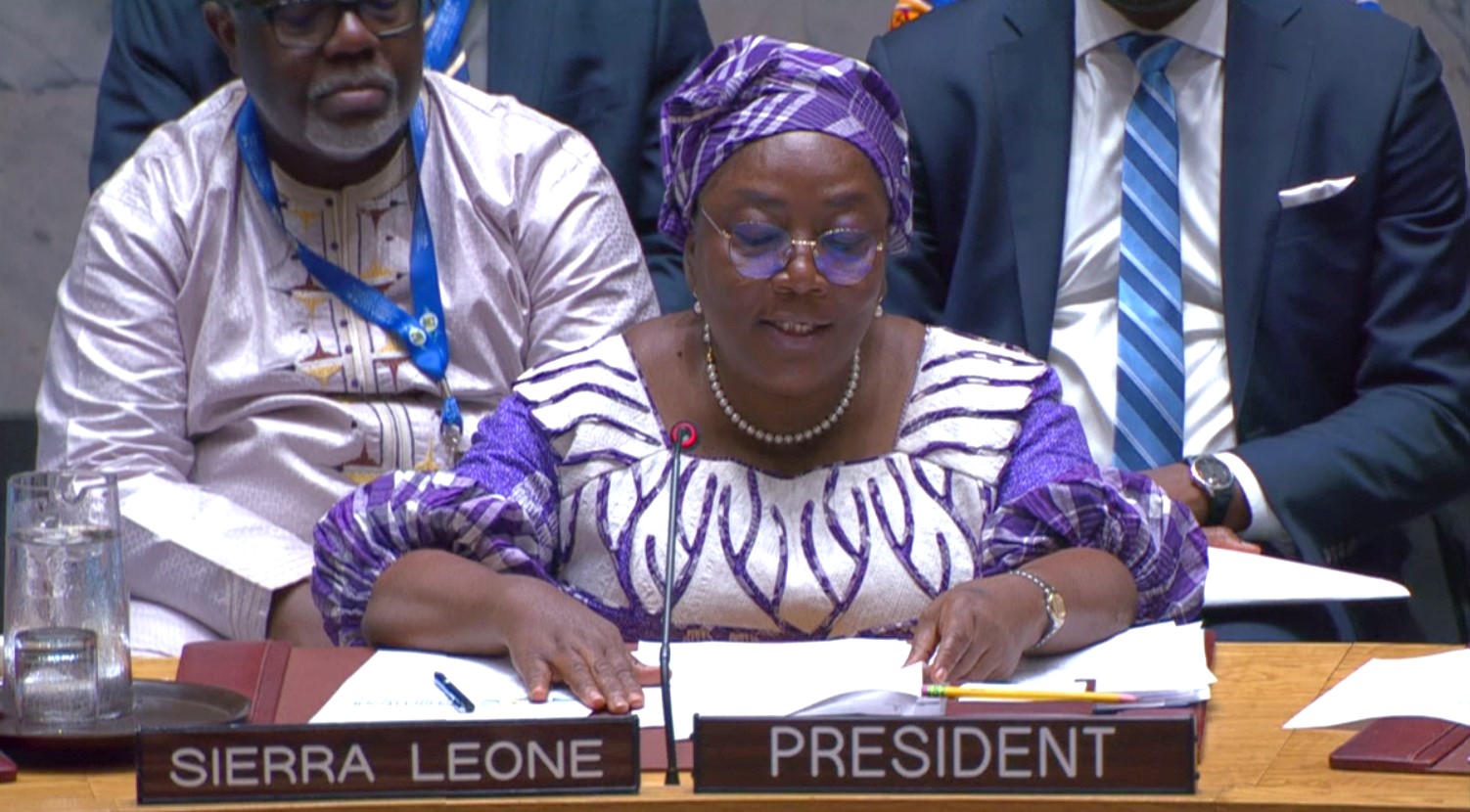
She also said, “We recommend that the Security Council turn its attention more fully to financing. The role of the Peacebuilding Fund is essential for this as is stronger collaboration with international financial institutions.”
“In addition, all drawdowns should include plans to sufficiently allocate resources to women, peace and security work, to sustain gains made,” Bahous concluded.
For her part, Martha Pobee Assistant Secretary-General for Africa told the Council that “rushing through a transition process against a background of tense political climate, compounded by persisting security threats and protection concerns, can jeopardize hard won peace gains, including progress on gender equality.”
She continued, “Indeed, national stakeholders could be unprepared to shoulder additional responsibilities, while needed support from international partners may not be readily available.”
Pobee added, “Unless transitions are well-structured, adequately-resourced, and gender-responsive, women and girls will be at risk of setbacks. These could include losing access to essential services, being excluded from new decision-making processes, and becoming vulnerable to waves of fresh violence and insecurity, including conflict related sexual violence.”
Giving examples, the Assistant Secretary-General said, “The drawdown of MINUSMA however, has negatively impacted peace building programs focusing on women and girls and on sustaining the gains made in the political sphere. The recent departures of peace operations from key hot spots in Sudan and the Democratic Republic of the Congo have led to security vacuums, leaving women and girls exposed to attacks by armed actors.”
“These drawdowns have also diminished the capacity of the United Nations to support stakeholders in addressing conflict related sexual violence altogether in specific areas, including investigation, reporting and assistance to survivors,” she concluded.
Kholood Khair, Founding Director of Confluence Advisory, an organization based in Sudan, said, “Widespread and systematic conflict related sexual violence is no longer limited to Darfur but reported across the country, including in Khartoum and Al Jazeera, it is clear that the RSF and the SAF have subjected women and girls from ages nine to 60 to sexual violence, a war crime, and neither party has taken meaningful steps to prevent its forces from committing rape, attacking health workers, nor investigating such crimes, the deliberate use of conflict related sexual violence, including rape, gang rape, sexual slavery and forced marriage, chiefly by the RSF, compounded by atrocities such as looting, torture, forced disappearance, forced labor aims to terrorize population into submission.”
Khair also said, “While the international community's efforts to secure a ceasefire are critical, the need of the hour is to prevent genocide and to save lives, a complimentary diplomatic track must be established, separate to ceasefire talks that is focused on addressing violence against civilians with targeted measures for the protection of women and girls, including from conflict related sexual violence.”
Francess Piagie Alghali, Sierra Leone’s Deputy Minister for Foreign Affairs spoke in her national capacity, while her country is holding the presidency of this month’s Council.
She said, “With less UN presence in conflict settings, there is less security for women and girls and less attention on the violations of the rights of women and girls, and a drastic drop In the investment for programs to enhance gender equality.”
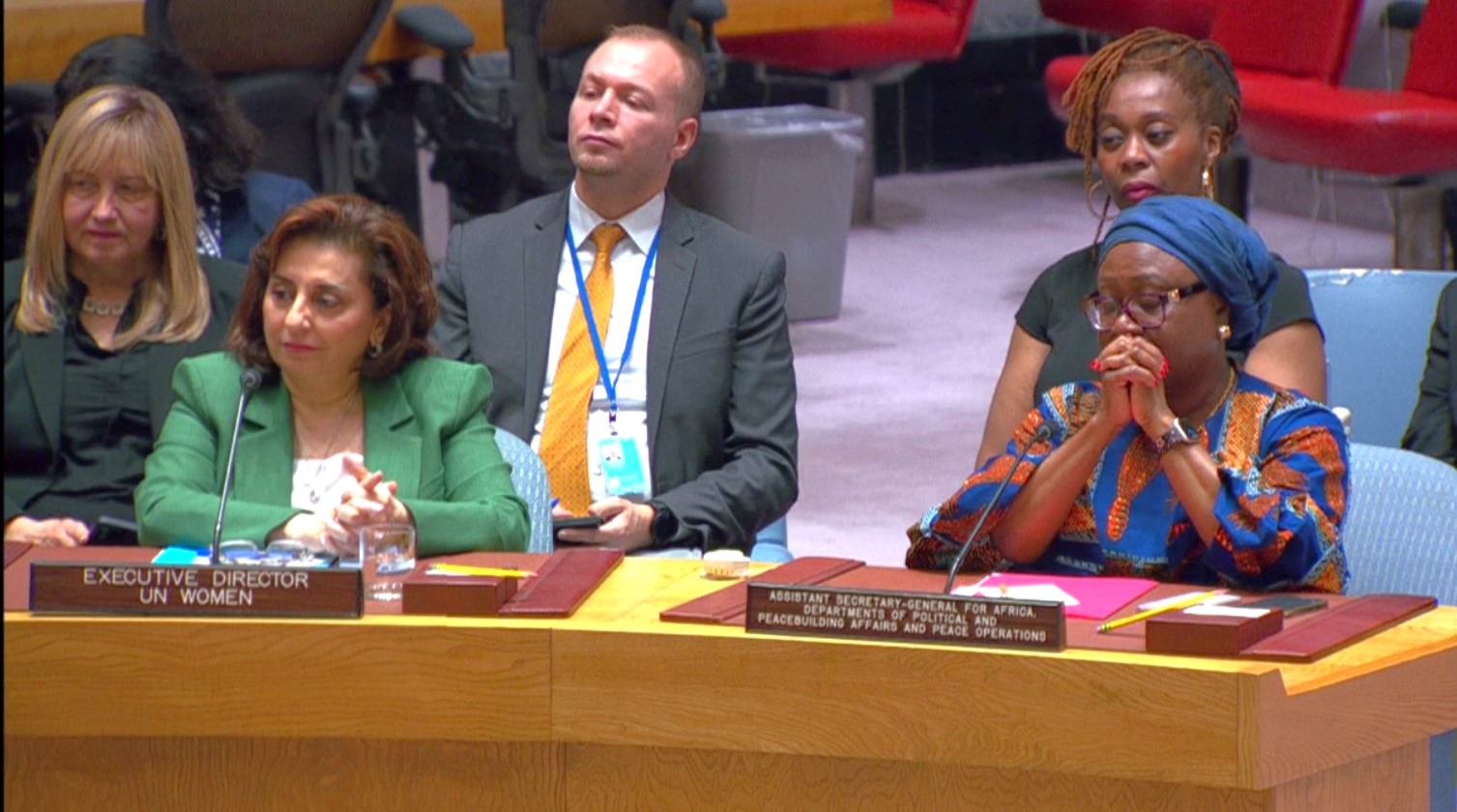
Earlier today, the Minister of Foreign Affairs together with Security Council Signatories of the Statement of Shared Commitments for the principles of Women, Peace, and Security (WPS), spoke to reporters.
The countries are Ecuador, France, Guyana, Japan, Malta, Republic of Korea, Sierra Leone, Slovenia, Switzerland, the United Kingdom and the United States of America.
She said, ‘We express our grave concern about the risks and negative impacts that the abrupt drawdown, reconfiguration or termination of the United Nations Peacekeeping Operations and special political missions have on women and girls rights.”
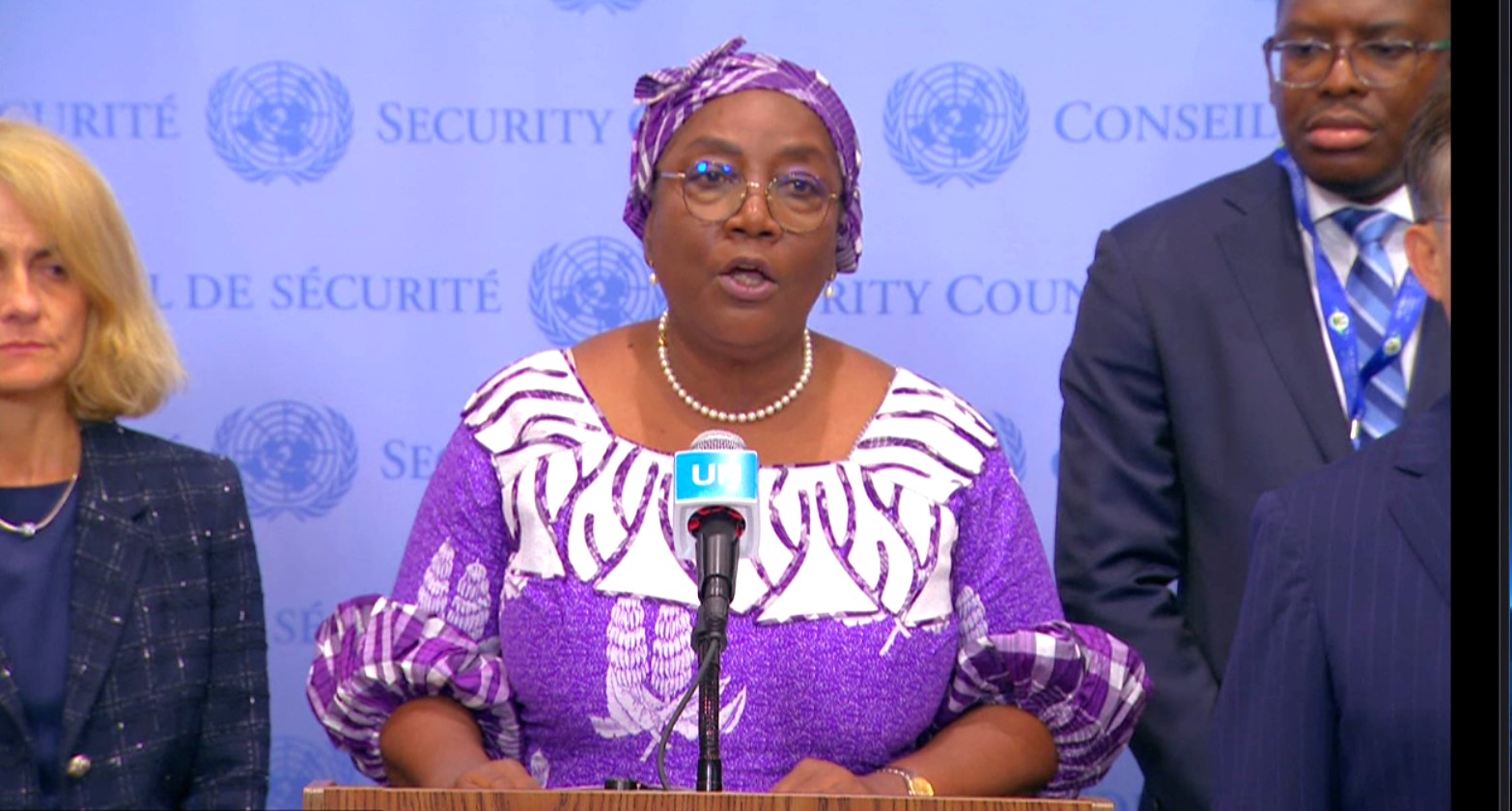
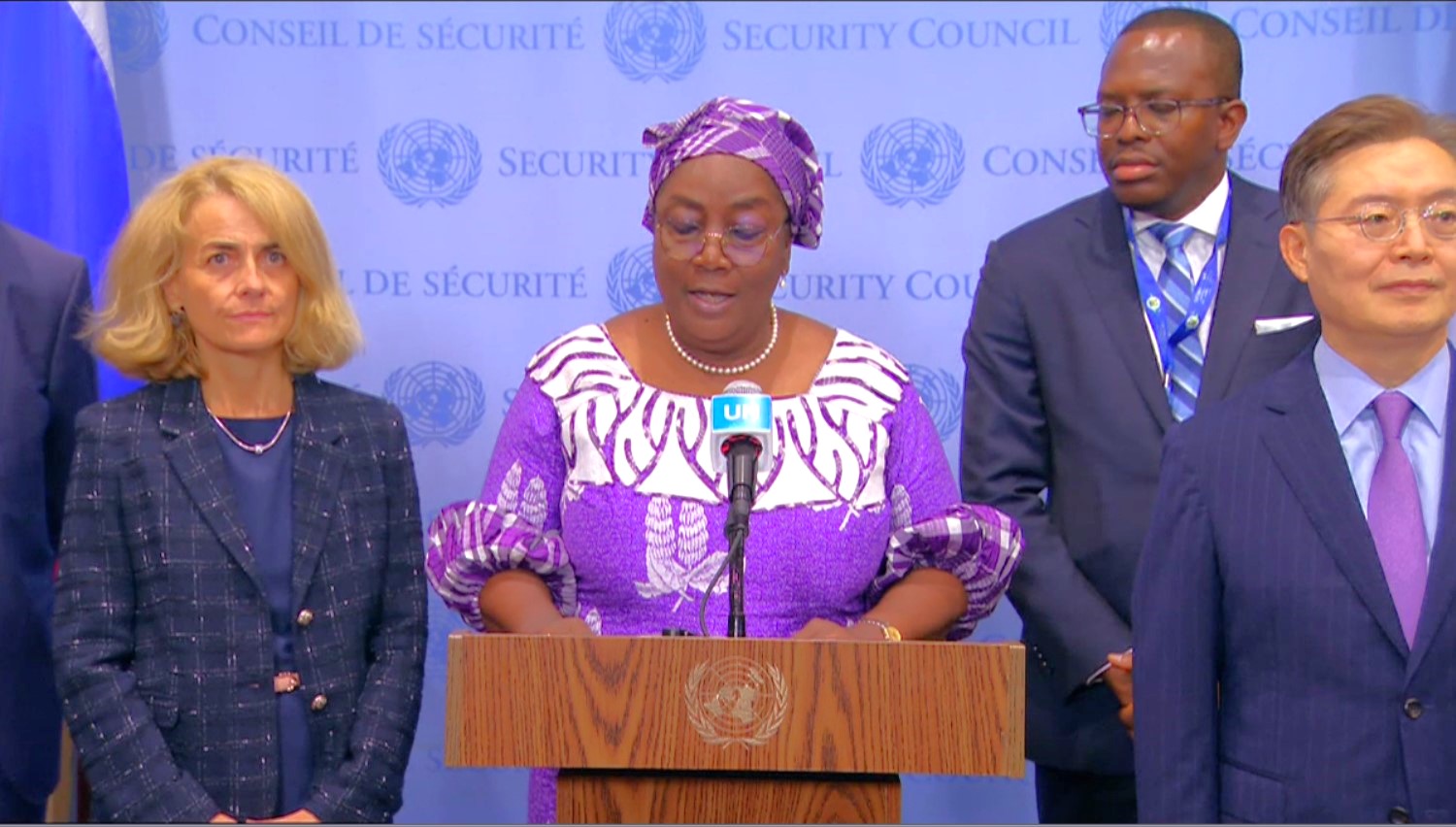
Deputy Foreign Minister Alghali continued, “We are especially concerned about situation where a United Nations mission must leave without even the minimum conditions for a planned transition in place. This has the potential of not only jeopardizing hard won peace gains, but also important progress made in gender equality.”
She reiterated, “Address the disproportionate impact on the rights of women and girls, we underscore the need for comprehensive gender responsive conflict analysis and technical gender expertise to guide gender responsive transition processes and other contingency.”
“This is essential for defining gender responsive benchmarks that ensure missions are not forced to exist without fulfilling minimum conditions that will ensure the sustainability of WPS commitments,” Deputy Foreign Minister Alghali added.
She concluded, “We must ensure, in this regard, that the United Nations country teams are endowed with the appropriate expertise in the wake of a mission’s departure to preserve continuity in terms of reporting and addressing human rights violation and abuses, notably, sexual agenda-based violence.”
